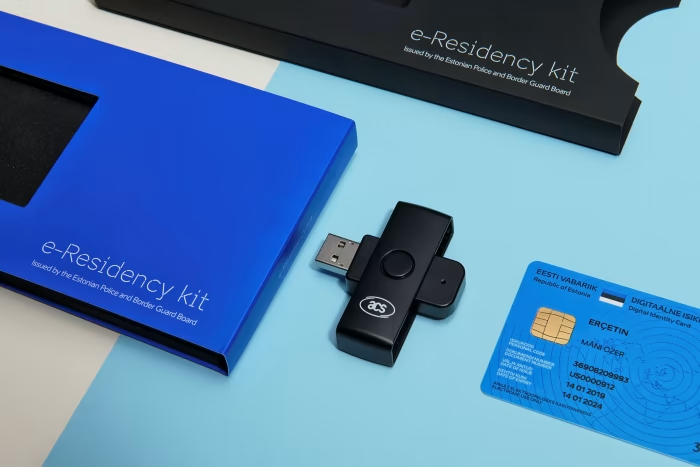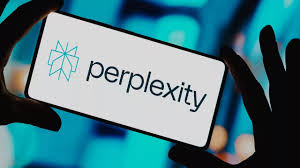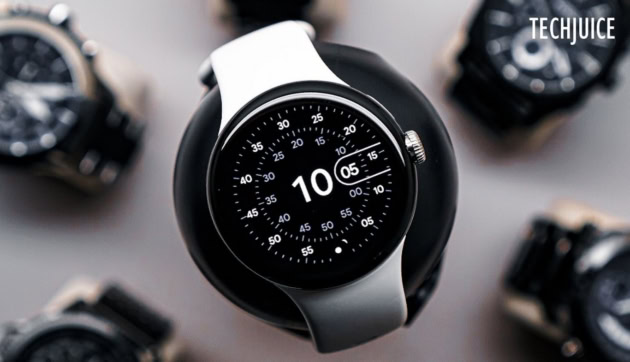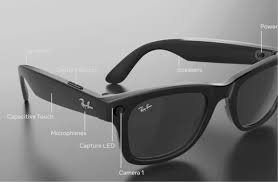Google’s MedGemma AI Models: A New Era for Healthcare
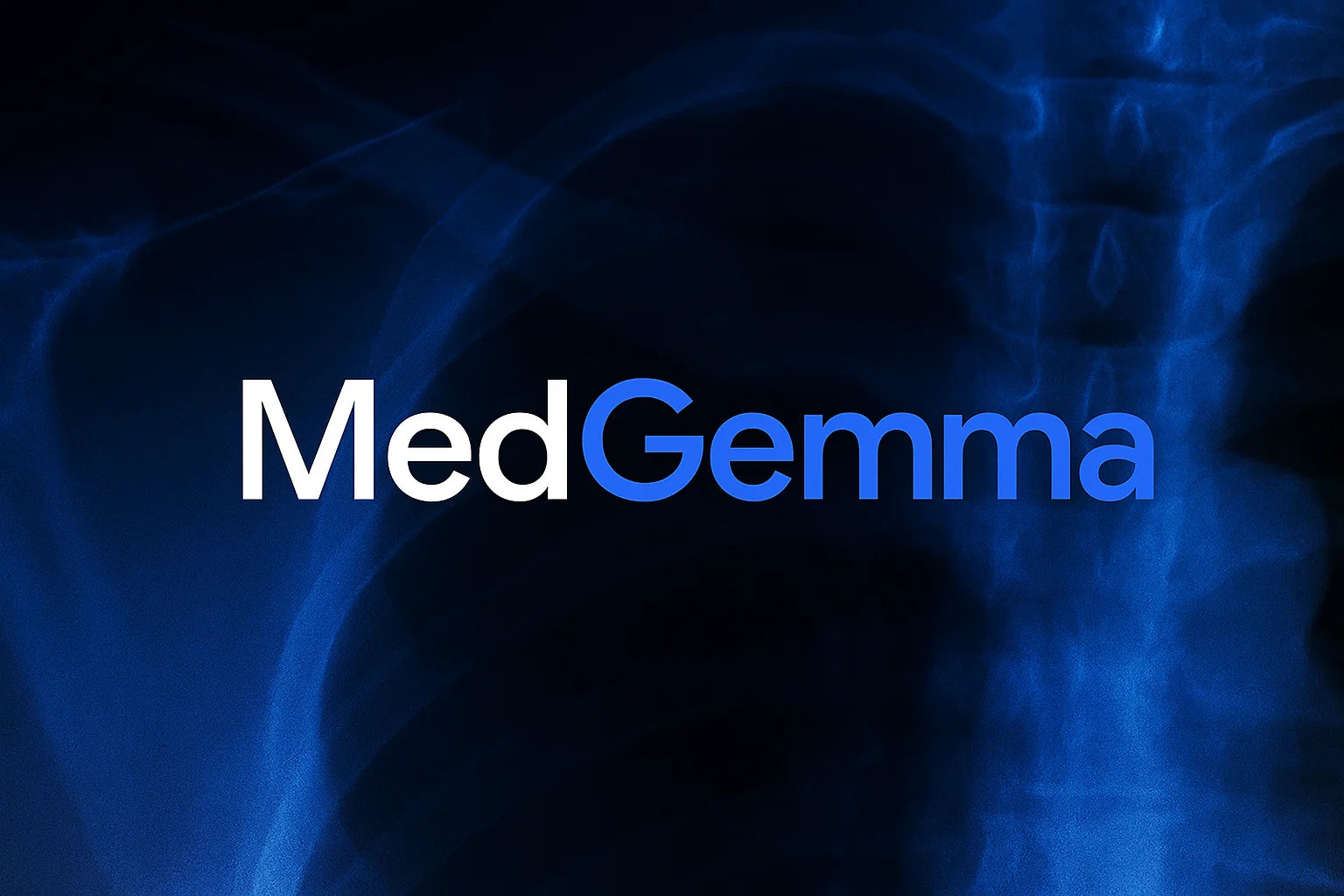
Google recently unveiled its MedGemma AI models, a groundbreaking step in using artificial intelligence to improve healthcare. These models, built for medical tasks, aim to help doctors, researchers, and hospitals work smarter and faster. By combining advanced machine learning with medical knowledge, MedGemma could change how we diagnose diseases and care for patients. This article explores what MedGemma is, how it works, and why it matters for the future of healthcare.
What Are MedGemma AI Models?
MedGemma is a family of AI models created by Google to understand medical texts and images. Unlike regular AI, these models are trained on medical data, like X-rays and patient records, to assist with tasks such as diagnosing diseases or writing medical reports. They come in two main versions: a 4-billion parameter model that handles both images and text, and a 27-billion parameter model focused on text or both. These tools are open-source, meaning anyone can use and adapt them.
The models are part of Google’s Health AI Developer Foundations program, launched in May 2025 at Google I/O. They’re designed to be flexible, running on a single computer or even a smartphone in some cases. This makes them accessible to smaller hospitals or clinics that can’t afford expensive technology.
Key Features of MedGemma:
- Processes medical images like X-rays and skin photos.
- Understands medical texts, such as patient records or clinical notes.
- Can be customized for specific medical tasks.
- Runs on affordable hardware, making it widely usable.
Pros and Cons of MedGemma:
| Pros | Cons |
|---|---|
| Open-source, free to use and modify | Not ready for direct patient care without validation |
| Handles both images and text | May make errors in complex or rare cases |
| Affordable for small clinics | Requires technical skills to customize |
| High accuracy in benchmarks like MedQA | Limited testing in non-English languages |
Personal Insight: When I visited a small clinic last year, the doctor struggled to keep up with patient records due to limited staff. Tools like MedGemma could help by quickly summarizing notes, saving time for actual patient care.
How MedGemma Works in Healthcare
MedGemma uses machine learning to analyze medical data. The 4B model, for example, can look at a chest X-ray and write a report about what it sees. The 27B model can read patient records and suggest possible diagnoses. Both models were trained on anonymized medical data, ensuring patient privacy. They’re built on Google’s Gemma 3 technology, which makes them smart at understanding both medical and general information.
For instance, a hospital could use MedGemma to speed up reading X-rays. In tests, the 4B model created reports that 81% of radiologists found accurate enough to guide patient care. The 27B model scored 87.7% on MedQA, a test of medical knowledge, making it one of the best in its class. However, Google warns that these models need further testing before being used in real hospitals.
How It Helps:
- Faster Diagnoses: Analyzes images and records quickly.
- Report Writing: Creates detailed medical reports in seconds.
- Patient Triage: Helps decide which patients need urgent care.
- Research Support: Assists scientists in studying medical data.
Personal Anecdote: My cousin, a nurse, often spends hours typing up patient notes. An AI like MedGemma could cut that time in half, letting her focus on helping people directly.
Why MedGemma Matters for Healthcare
Healthcare is facing big challenges, like staff shortages and rising costs. MedGemma offers a way to make work easier without replacing doctors. Its open-source nature means hospitals can run it on their own computers, keeping patient data private. This is a big deal, especially after recent concerns about data breaches in tech companies.
Small clinics in rural areas, where specialists are rare, could use MedGemma to analyze scans or records. For example, a clinic in India used it to summarize patient notes, saving doctors time. In Taiwan, a hospital tested it on Chinese medical texts, showing it works in different languages. These examples prove MedGemma’s potential to make healthcare fairer and more accessible.
Comparison of MedGemma Models:
| Model | Parameters | Capabilities | Best For |
|---|---|---|---|
| MedGemma 4B | 4 billion | Images and text | Small clinics, mobile devices |
| MedGemma 27B | 27 billion | Text or both | Complex tasks, large hospitals |
Challenges and Future of MedGemma
While MedGemma is promising, it’s not perfect. Google says it’s not ready for direct patient care without extra checks. For example, one test showed the 4B model misread a tuberculosis X-ray as normal. This shows why human doctors must always double-check AI results. Fine-tuning, or adjusting the model for specific tasks, is also needed to make it more accurate.
Looking ahead, MedGemma could grow even more useful. Developers can improve it by adding new medical data or combining it with other tools, like web searches for the latest research. As more hospitals test it, we’ll learn how it performs in real-world settings. The goal is to make AI a trusted helper in healthcare, not a replacement for human expertise.
Challenges to Address:
- Needs thorough testing to avoid mistakes.
- Requires technical know-how to set up.
- Limited performance in rare or complex cases.
Real-World Impact and Stories
MedGemma is already making waves. In Massachusetts, a company called DeepHealth uses it to spot issues in X-rays that doctors might miss. In India, Tap Health found it reliable for suggesting treatments based on medical guidelines. These stories show how MedGemma can fit into different healthcare systems, from big hospitals to small startups.
On social media, people are excited but cautious. A post on X by @GoogleDeepMind on May 29, 2025, called MedGemma “our most capable open model for medical comprehension,” sparking discussions about its potential to help rural clinics. However, some users noted the need for careful testing to avoid errors. This mix of hope and caution reflects the real-world stakes of using AI in healthcare.
Personal Reflection: When my friend’s rural clinic struggled to get a radiologist, they waited weeks for X-ray results. Tools like MedGemma could bring faster answers to places like that, making a real difference.
Conclusion: A Step Toward Smarter Healthcare
Google’s MedGemma AI models are a big leap forward for healthcare. They offer tools to analyze medical images and texts, helping doctors work faster and smarter. While they’re not ready to replace human expertise, their open-source design makes them accessible to hospitals worldwide. With careful testing and improvements, MedGemma could help solve some of healthcare’s biggest problems, from staff shortages to unequal access.
As MedGemma evolves, it could bring quality care to more people, especially in places with limited resources. Its ability to run on simple hardware is a game-changer for small clinics. By combining technology with human care, MedGemma points to a future where healthcare is faster, fairer, and more effective for everyone.

